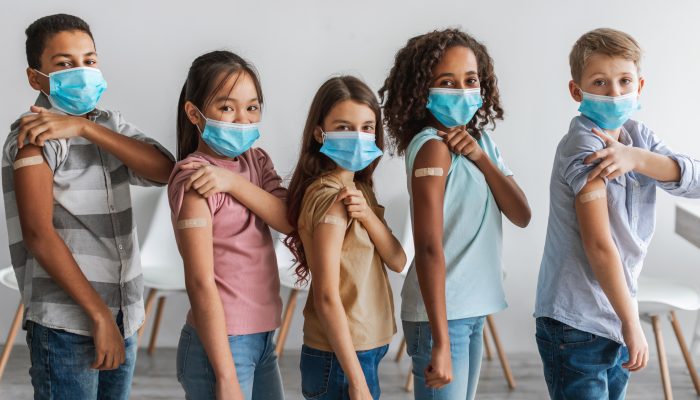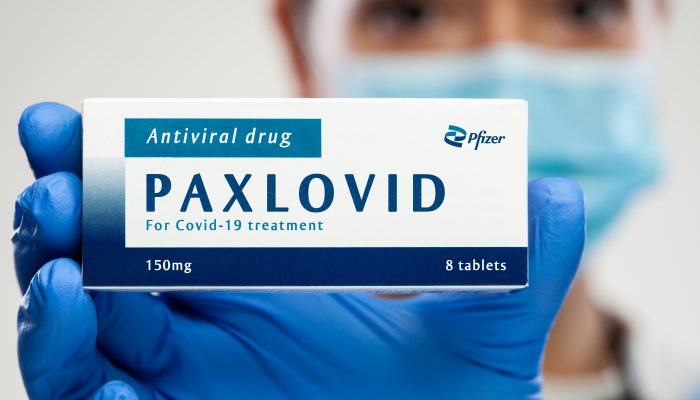The monkeypox outbreak continues to grow in Philadelphia and in cities and states across the country. Right now, health departments are working to get as many people vaccinated as possible. However, there is a severe shortage of monkeypox vaccine throughout the country and in Philadelphia.
This is a difficult situation, especially for people who have been struggling through the COVID-19 pandemic. You have been taking precautions and been away from others for more than two years, and now have to be concerned with monkeypox, too. To have to wait for vaccine again can feel very frustrating.
The Health Department is working to not only secure more vaccine from the federal government, but to make the vaccine that we have more accessible. The Health Department has basic information about monkeypox and the vaccine, including who is eligible to be vaccinated.
In the meantime, there are things you can do to help find out how likely you are to be exposed to monkeypox. Based on that, there are things you can do to protect yourself and your community.
Check yourself
- Keep an eye on how you’re feeling. If you’re feeling sick, you should stay away from other people. It could be the flu, it could be COVID, it could be monkeypox.
- Check your skin for bumps or pimples or rashes. If you have an unexplained bump or rash in an area that’s had contact with another person’s skin, get it checked out by your healthcare provider as soon as possible.
Communicate
- Communication is key. Ask how the other person or people are feeling, and if they have noticed a rash or unexplained bumps before getting too close.
- Be open and honest with your partners. Have you been with others who may have been exposed to monkeypox? Have they?
- Until everyone in your network is vaccinated, consider adopting a sex pod. The more we know about each other, the safer we all can be.
Cover up
- Monkeypox can spread by skin-to-skin contact, like hugging, kissing, sex, contact sports, or even dancing. If you can’t talk to the person or people that you’ll be up against, try to cover your skin as much as possible.
- Condoms can help, but they don’t stop all skin-to-skin contact, so consider reducing how much contact you have.
- If you find a bump or a rash, get it checked out. Keep it completely covered until you can be seen by a healthcare provider.
Keep updated
- More vaccine is being made available all the time, so pay attention to where it might be available. Call 215-685-5488 to see if you’re eligible to get an appointment. Contact your healthcare provider to see if they’re offering it.
- Talk with your friends and loved ones about their risk and ways they are working to keep themselves safe.




